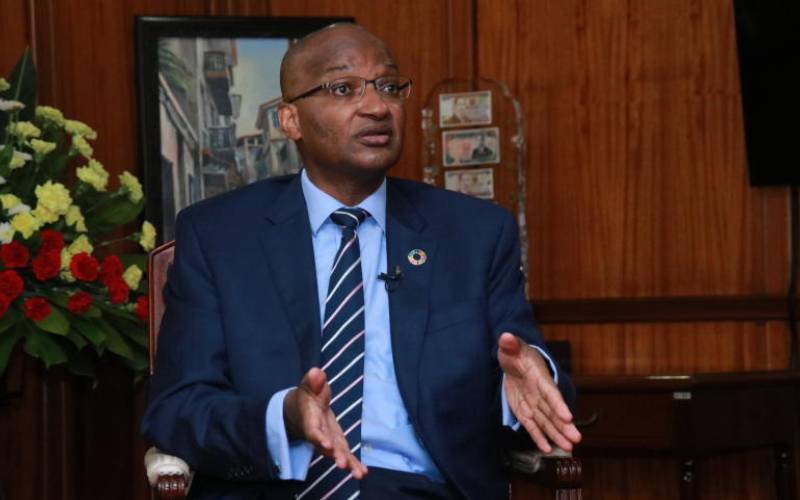×
The Standard e-Paper
Stay Informed, Even Offline

Loans worth Sh28.4 billion that were restructured have gone bad after borrowers failed to service them, recent data from the Central Bank of Kenya (CBK) shows.
This means that banks might be forced to forward the names of these borrowers to Credit Reference Bureaus (CRBs) for blacklisting or recover the loans by auctioning the borrowers’ assets in case of secured loans.